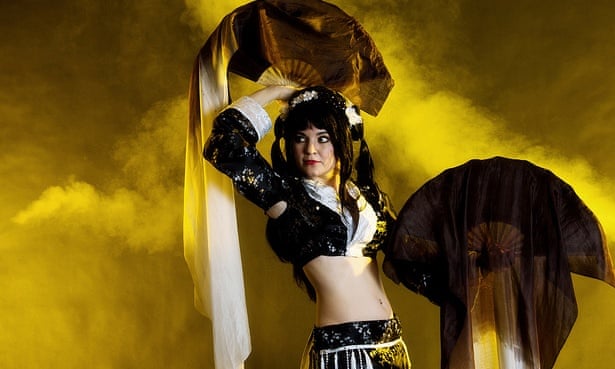We need to update the way we talk about race by separating racist acts from racist people

Those racists are long gone, but that doesn’t mean racism has disappeared. It hasn’t; but racists – those ones – did.
There could well be someone right now shouting racial epithets at an unsuspecting brown person. But that person no longer matters: he or she has been reduced to an almost laughable caricature of times past. They hold no power other than to annoy people around them.
Instead, we’re confronted with what many refer to as “hipster racism” – that whole I’m so not racist that I can say anything racist because we’ve totally moved past that attitude. You see it in white girls who wear Native American headdresses to music festivals and think they’re just being quirky, or in the stand-up comedian who does “hilarious” impressions of his Asian coworker. We seem to think that we’ve moved so far beyond our past that now it would be fun to ironically resurrect it.
There are many examples. Take the white women who named their PR company “Strange Fruit” after the Billie Holliday/Nina Simone song about the lynching of black people. They weren’t trying to mock Nina or the actual blood in her words; they loved the song and thought the title was great for a business that “stands out in a crowd”. They didn’t understand what it means to take a piece of work so important to the struggle of civil rights and re-purpose it for your business needs. Seeing the most beautiful and heartbreaking renditions of the pain of black people turned into the slogan “Are you a strange fruit?” is like a punch in the stomach considering that the “strange fruit” in the song is the hanging bodies of lynched black people.
These are well-meaning people who do not consider themselves racist. They got themselves into trouble because we haven’t updated our conversation on racism since the 1960s.
Should we just call them racist? No; this is where I strongly feel our discussion needs to change. I’m convinced that most acts of racism today are being perpetrated by kind people who just don’t understand that what they do is racist. Their hurtful words or actions are more likely born from ignorance than malice. When you hear white people say “I’m not oppressing anybody!” what they are really saying is “I’m not trying to oppress anybody!” And I believe them.
As a woman of color, I’ve been changing the way that I talk and think about racism. When I say, “That’s racist!” I no longer mean, “You’re racist” – and I used to. It used to be that my “call-outs” of racism included judgments on the character of the person who had performed the racist action. They would get angry and leave the conversation; I’d take that as confirmation that I was right.
The more that I started talking about racism publicly, the more white people started reaching out to me for clarification; they’d say things like, I don’t want to seem racist, but I don’t know how or I was called racist and I don’t know what I did. I started to realize that these people reaching out to me to understand why someone was mad at them still pictured racists as white hooded men and they weren’t wearing hoods, so they thought themselves incapable of acting in a racist manner. I started to realize that my generation couldn’t redefine for everyone what a racist looks like; we have to define what racist actions are.
Saying, “Hey, that’s racist!” isn’t going to change anything when we confront something like white people joking about so-called “black names”. When you think of racism as violence and segregation, you’ll believe that someone calling you a racist for making a joke is oversensitive, even laughable.
That’s why we need to change our approach. We need to explain that, when you make fun of “black” names, you are adding to a widespread narrative that our names aren’t legitimate – that they are not the names of high-class, educated people. And it matters because studies have shown that job applicants with “black names” are far less likely to get job interviews than people with “white names”, contributing to high unemployment rates in the black community and further ghettoization.
Talking about the act and not the person shifts the focus to the racist action and its impact. And while it’s not the job of people of color to educate white people about racism, as a woman of color I think that we need to educate ourselves so that when we do have these conversations, we are having them effectively.
We can update our society’s definition of racism beyond police brutality and hate crimes; we can examine and indict a system that perpetuates low employment, high imprisonment, low cultural representation, poor education and poor health for our black and brown communities; we can identify the individual actions that help support that examination or, alternately, distract from that reality. Only then can we move forward and really get to the “post-racism” that practitioners of hipster racism think we have already achieved.
No comments:
Post a Comment